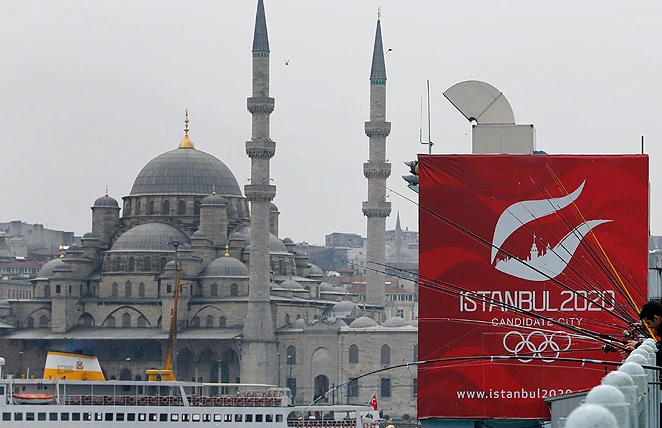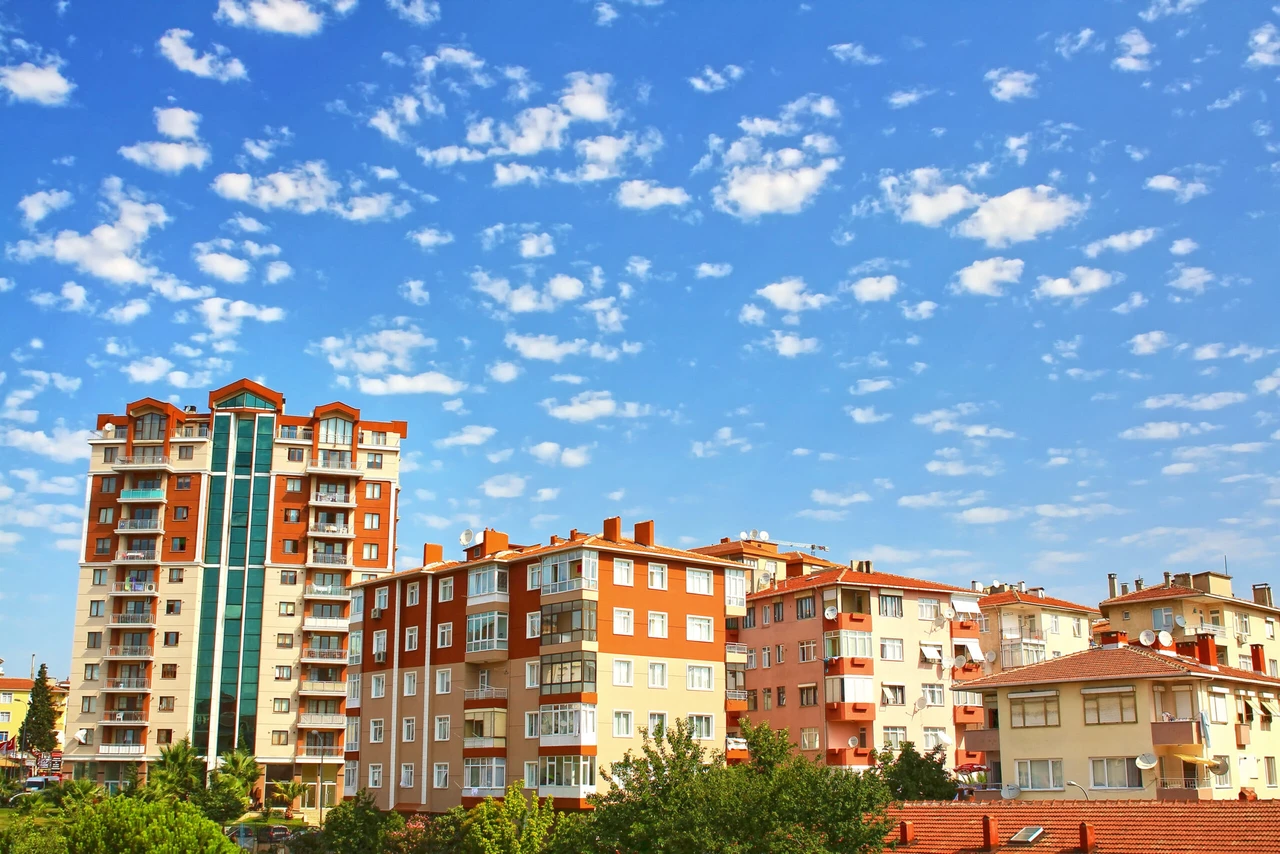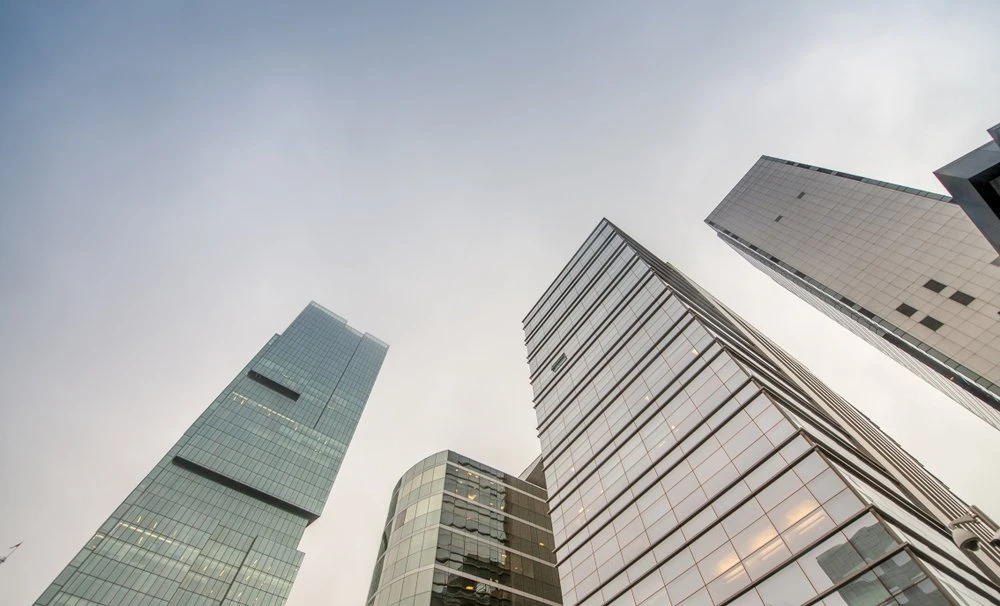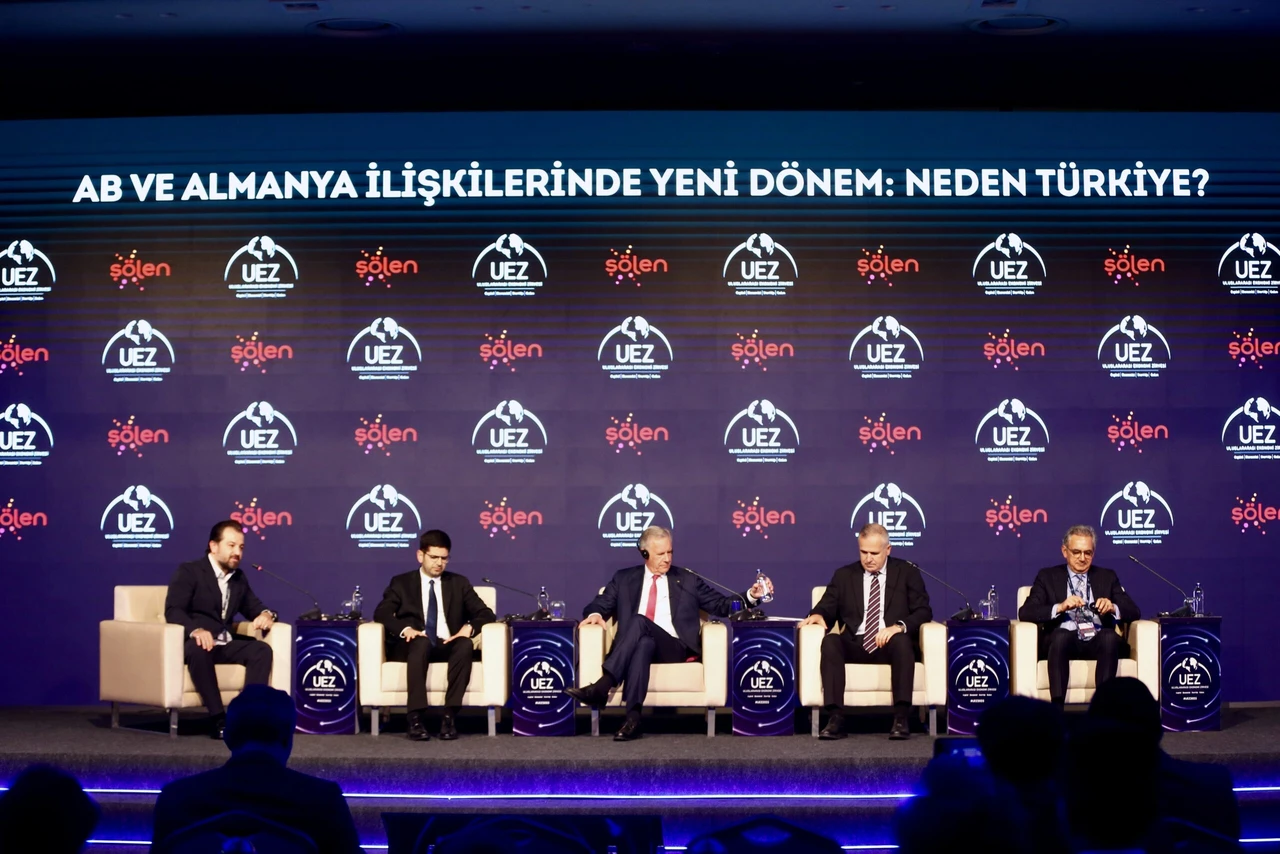Why Istanbul should never host Olympics
 Could Istanbul's unsuccessful bid to host the Olympics be a blessing? (Courtesy of Sports Illustrated)
Could Istanbul's unsuccessful bid to host the Olympics be a blessing? (Courtesy of Sports Illustrated)
Hosting the Olympics often appears as a prestigious honor, but the economic impact on the host city and country remains highly debated.
Istanbul, like many other cities, would face severe financial strain if chosen to host the games.
The 2004 Athens Olympics serve as a cautionary tale. Greece invested heavily in infrastructure for the event, including roads, stadiums and facilities – many of which were underutilized post-Olympics.
These expenditures significantly increased the national deficit, contributing to the economic crisis that struck Greece in 2009.
Recent Olympic Games have also shown that costs frequently exceed initial estimates.
The 2020 Tokyo Olympics faced a dramatic budget overrun, with costs doubling to $12.7 billion because of unforeseen circumstances and COVID-19 precautions.
Hosting the Olympics could similarly saddle Istanbul with long-term debts and underutilized infrastructure.
Environmental, social challenges of hosting Olympics in Istanbul
The environmental and social costs of hosting the Olympics present another critical concern for Istanbul.
Large-scale construction projects for Olympic facilities often lead to significant environmental degradation and displacement of local communities.
Rio de Janeiro’s preparations for the 2016 Olympics involved extensive redevelopment, displacing many residents and failing to deliver promised long-term benefits.
Istanbul’s previous bids for the Olympics revealed shortcomings in sustainability and environmental planning.
Compared to Tokyo, which emphasized strong environmental management practices and sustainability indicators, Istanbul’s proposals received criticism for lacking comprehensive sustainability measures.
“Istanbul had big gaps in terms of sustainability and environment when it was compared with Tokyo,” states academic N. Polat from Pamukkale University.
Meeting the stringent environmental standards required for the Olympics could strain Istanbul’s resources and lead to further ecological and social disruptions.
Political, diplomatic considerations regarding Olympics in Istanbul
The process of bidding for and securing the Olympics is not only financially taxing but also politically complex.
Past instances have shown that extensive lobbying, diplomatic efforts, and sometimes even allegations of corruption are involved in the selection process.
Tokyo’s successful bid for the 2020 Olympics involved meticulous crisis management and sustainability planning despite the country’s recent natural disasters.
In contrast, Istanbul’s bids have often been marred by political controversies and insufficient attention to international standards of sustainability and crisis management.
Olympics’ questionable long-term benefits hosting event in Istanbul
The supposed economic boosts from tourism and global exposure are not always realized.
Instead, cities frequently face long-term economic losses, ongoing maintenance costs for under-used facilities and other hidden costs.
While the influx of tourists and athletes during the Olympics may provide a temporary boost to Istanbul’s economy, the long-term financial burden could outweigh these short-term gains.
Istanbul’s unique challenges make it difficult to host Olympics
Istanbul, a city where East meets West, already grapples with rapid urbanization and its accompanying challenges. Hosting the Olympics would likely exacerbate these issues.
The city’s infrastructure would face enormous pressure to accommodate the influx of visitors, athletes and media, potentially leading to traffic congestion, overburdened public services, and increased pollution.
Moreover, Istanbul’s approach to public transportation, often offered for free during public holidays, might not suffice to handle the demands of the Olympics.
The city’s current transportation infrastructure may require significant upgrades to accommodate an event of this magnitude, further straining its financial resources.
Istanbul Mayor Ekrem Imamoglu remains determined to host the Olympics. “Our biggest goal is to host the 2036 Olympics in Istanbul,” he stated at the Istanbul Buyukcekmece International Culture and Art Festival on Monday.
“We want Istanbul to show the world its unifying and healing power in sports in 2036.”
Despite his optimism, the challenges remain daunting. “Hosting such a mega event requires determination, patience, and persistence,” Imamoglu added.
However, the potential economic, environmental and social costs make this a risky ambition for Istanbul.



